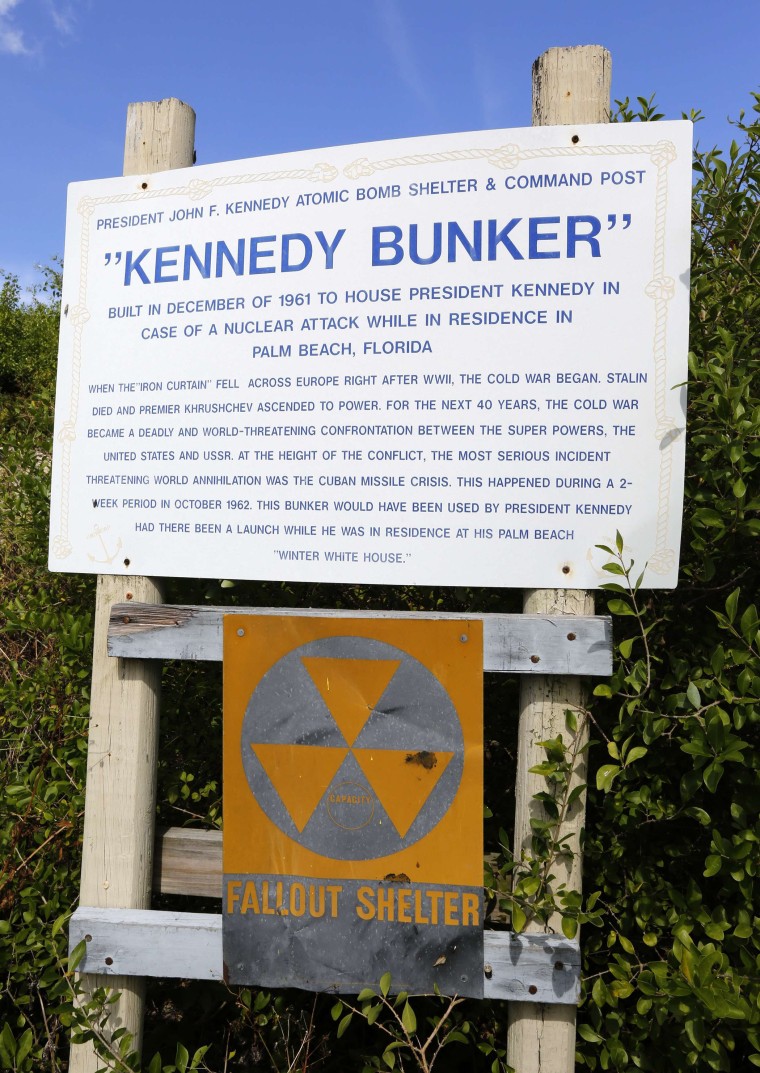It's been about three weeks since the Senate Democratic majority executed the "nuclear option," restoring majority-rule confirmation votes on judicial and executive-branch nominees, but the fallout has been pretty mild. Republicans have complained quite a bit, but vows of all-out political war have failed to materialize.
That said, the GOP minority hasn't quite gotten over the rules change they helped precipitate through unprecedented obstructionism, and is reportedly preparing
a retaliatory move this week.
Senate Republicans will stage a more than 30-hour talkathon on the Senate floor to protest Democrats' triggering of the "nuclear option" last month. The GOP protest, which could extend into the weekend, will throw a wrench in Senate Majority Leader Harry Reid's (D-Nev.) hopes of wrapping up legislative business for 2013 as soon as possible.
As a procedural matter, this is more weak tea than hardball. Here's the plan: Senate Democrats intend to vote on Cornelia Pillard nomination to the D.C. Circuit, but Republicans plan to delay the vote as long as possible, push the vote to 1 a.m. Thursday. From there, GOP senators will hold the floor, complaining for 30 hours about the rule change they made necessary, until early Friday morning.
"When you blow up the Senate rules, there has to be a consequence," a Republican senator told The Hill.
That's nice, I suppose, but in this case, the consequence is GOP senators talking for a long time for no particular reason -- except to delay votes they'll eventually have to cast anyway. The "talkathon" won't actually defeat any bills or nominees; it'll just delay the point at which the Senate can go home. Opinions can vary, but the combination of a 1 a.m. vote and a bunch of speeches doesn't sound like much of a "consequence."
I haven't talked to any Senate officials about this today, but I have a hard time imagining there are Democrats sitting around saying, "Oh no! Republicans are going to throw an inconsequential, 30-hour tantrum with no practical implications whatsoever! Anything but that!"
A Senate Democratic leadership aide told The Hill, "All they're doing is highlighting their own impotence. The Republicans no longer have the tools to delay that they had before."
This reminds me, though, of a point I've been meaning to mention. When it comes to blocking judicial nominees from receiving up-or-down votes on the Senate floor, the minority is out of luck -- the chamber has returned to majority-rule.
But in some cases, Senate Republicans will still be able to block some would-be judges thanks to the blue-slip process. Adam Serwer recently wrote
a good piece on this.
Decades old, it's an informal Senate tradition implemented by the chair of the Senate Judiciary Committee, in this case Vermont Democratic Sen. Patrick Leahy. Chairmen have implemented the blue slip process differently over the years, but Leahy's custom is to be very deferential to his fellow senators from both parties. Here's the process. When a nomination or potential nomination is brought forward, the senators from that state are given a blue slip of paper. Leahy's practice is not to put forth a nominee for a committee vote unless both of those senators return their blue slips, indicating their approval of allowing the nomination to go forward. Republicans have taken advantage of Leahy's deference to slow down judicial nominations -- in some cases, even for names they have approved in advance. [...] The blue slip process can act as a silent filibuster, a way Senators can block judicial nominations without drawing public attention to what they're doing.
"The blue-slip problem has already been a significant obstruction tool with certain nominees," the Brennan Center Elisha Bannon told Adam. "It could potentially become an even more significant tool of obstruction now that the filibuster is no longer an option."
Keep this in mind in the coming months. Democrats may prioritize filling the dozens of remaining vacancies on the federal bench, but so long as the blue-slip process remains in place, red-state vacancies are likely to remain that way for quite a while.
